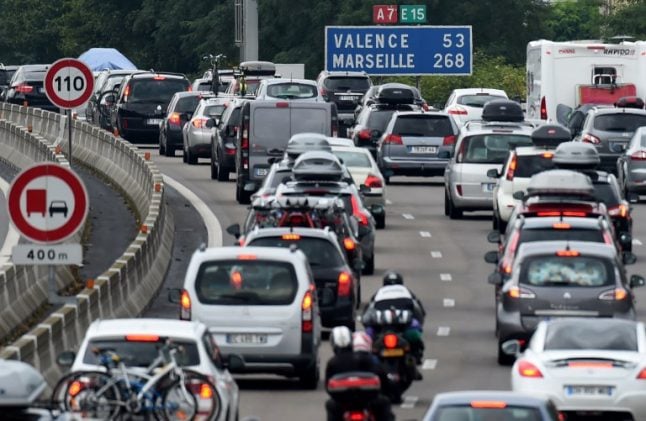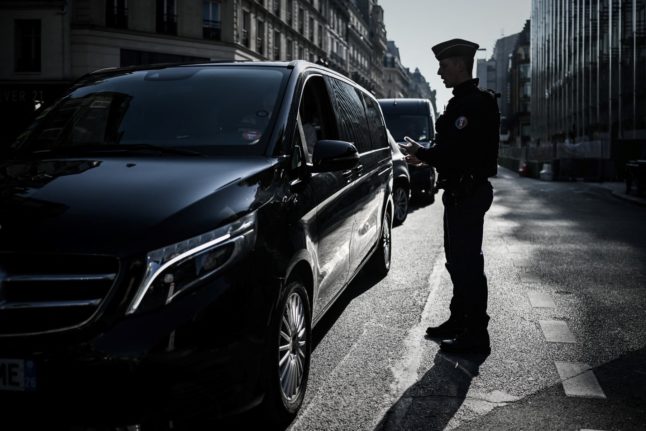Hundreds of thousands of holidaymakers drive through France each summer which means traffic jams and clogged motorways are often unavoidable.
But Bison Futé, the French government's traffic info service Bison Futé has drawn up a chart of the days when it’s best to avoid the roads, due to predicted long jams, this summer.
The roads will start to get very busy from Saturday July 8th, the start of the summer holidays and will remain that way until the school term starts once again on September 4th.
But Bison Futé warns, unsurprisingly, that travelling on Saturdays throughout the holiday period will be more complicated and it’s far more likely you’ll end up in a jam.
So anyone heading away on holiday is advised to delay their journeys until the Sunday. If you do have to leave on a Saturday then you are advised to set off very early.
As for returning from holiday then roads into the country’s biggest cities will be generally be very busy on Fridays, Saturdays and Sundays.
But Bison Futé warns that there are specific days to avoid altogether.
The weekend of July 8th/ 9th will see the first wave of holidaymakers heading across France in search of beaches or mountains or a little bit of peace in deepest rural France.
The traffic on this weekend has been ranked as red – the second highest – meaning “very difficult”.

But the worst day for driving could be July 29th the day when the “Juilliettistes” (those who go on holiday in July) cross over whether the “Aoûtiens” (those who prefer to head away in August).
July 29th has been classed as “black” for all routes out of cities across the whole country, meaning traffic will be “exceptionally difficult”.
Other so-called “black” days for driving include Saturday August 5th in the Rhône-Alpes-Auvergne area on the roads heading out of cities.
And August 12th has also been ranked as “black” day in the Rhône-Alpes-Auvergne area as well as in the south of France and France’s Mediterranean coast, which will see huge numbers of Italian and Spanish holiday makers driving the region each summer.
The same parts of the country will also see heavy traffic on August 19th, but this time on roads heading back to cities.
The full chart is below includes a key for the regions.






 Please whitelist us to continue reading.
Please whitelist us to continue reading.
Member comments